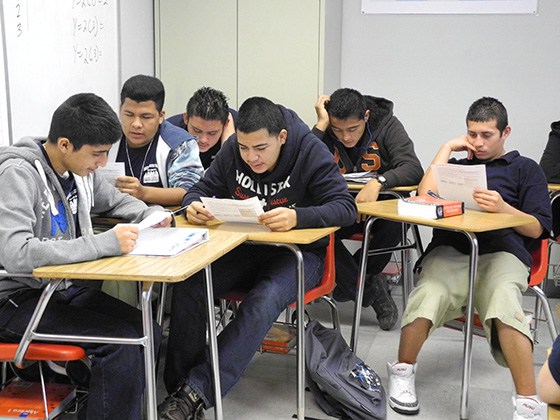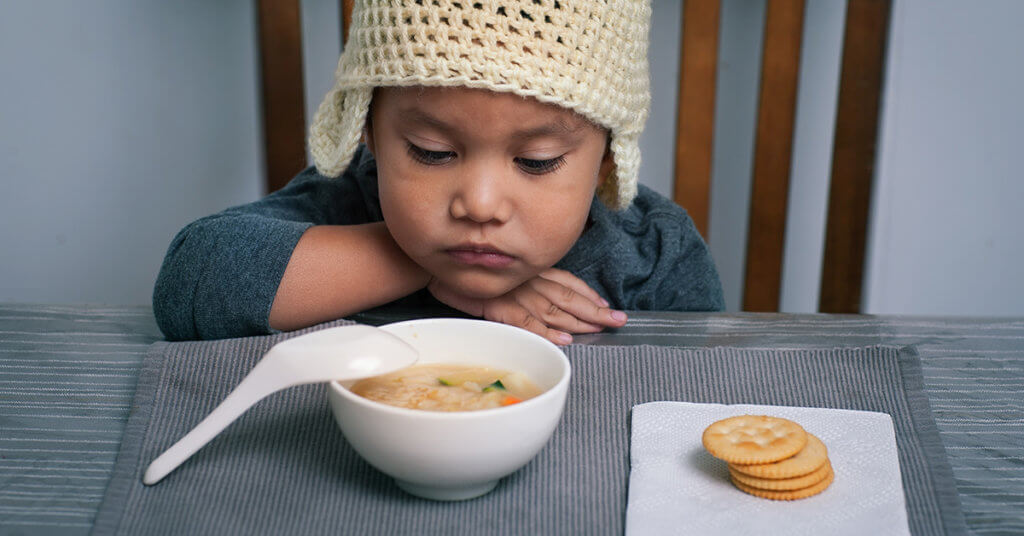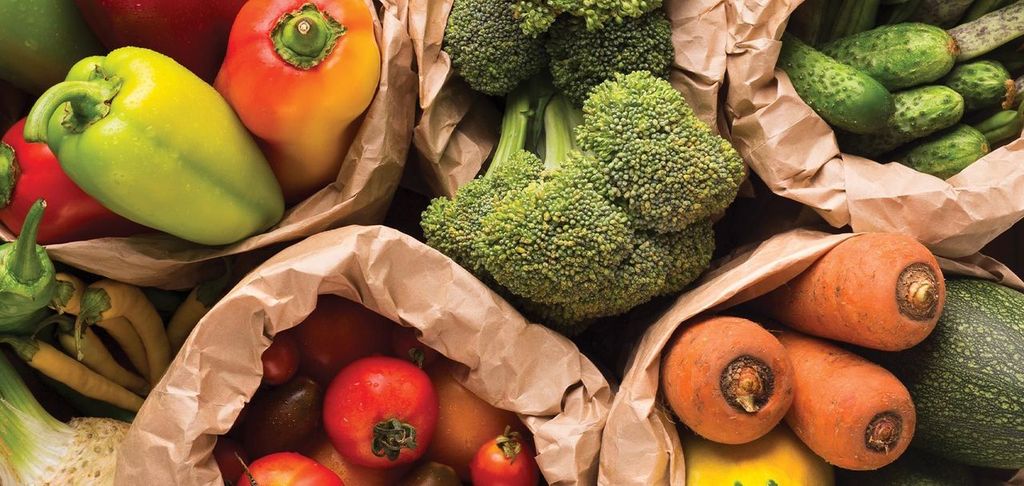Sending our children back to school healthy and ready to learn
It’s the end of August, and that means the start of a new school year. For parents, back-to-school means making sure that children have their backpack, plenty of no. 2 pencils, and their class schedule. Sending children well-fed to school is another building block for every child to head back to school healthy and ready to learn.
We know that a healthy, well-fed child is better equipped to learn and reach their full potential in the classroom. Therefore, access to nutritious meals matters for every child. However, not every child has consistent access to healthy meals, as an estimated 4.7 million Latino children live in families that are not always able to put nutritious food on the table.
The good news is that federal nutrition assistance programs are designed to alleviate child hunger. These programs include the Supplemental Nutritional Assistance Program (SNAP) and the federal child nutrition programs, like school meals. Through our policy and programmatic work, UnidosUS (formerly NCLR) is committed to expanding access to these programs for all children and families, while ensuring that these benefits are accessible where families live, learn, and work.

The nation’s largest federal nutrition assistance program, SNAP, supports the health and economic security of millions of American children and families, including Latinos. SNAP provides low-income families with monthly benefits to purchase food at grocery stores, farmers’ markets, and other retailers, year-round. Each year, SNAP reaches an estimated 10 million Latino individuals, and in 2014, helped lift 2.5 million Latinos, including 1.3 million Latino children, out of poverty.
At school and in after-school programs, the federal child nutrition programs ensure that children have access to healthy meals throughout the school year. The school meals programs are particularly important for Latino children, as an estimated seven million Latino children count on them to access both healthy breakfast and lunch at school.
Recent policy innovations, like the Community Eligibility Provision (CEP) have increased access to free school meals for children in low-income school districts. Last school year, more than 20,000 schools offered free breakfast and lunch to all students through CEP. Other programs like Breakfast After the Bell also increase the number of children receiving breakfast at school. Over the last two years, participation in the School Breakfast Program (SBP) has increased by nearly one million students due in part to these innovations.
It is not enough for these programs to exist, they must reach people where they live to be effective. Through the work of our Affiliates and passionate, hardworking promotores de salud (community health workers), we help ensure that all eligible Latino families have access to SNAP along with nutrition education and other important tools necessary to live a healthy life. Last year, our Comprando Rico y Sano program helped 25,229 eligible Latinos enroll in SNAP, enabled more than 70,000 Latinos to receive face-to-face nutrition education, and provided training for 258 promotores to implement these programs. In all, this program exposed an estimated 6.5 million Latinos to nutrition and information about SNAP via traditional, digital, and social media outlets.
The promotores conduct charlas (small educational sessions) for individuals and families and lead hands-on activities that allow community members to apply what they learn. This includes information on why it is important for families to increase the amount of fruits, vegetables, and healthy meals prepared and consumed at home. Participants receive supplemental materials, such as a seasonal fruits and vegetables handout depicting produce most commonly consumed by Latinos, grocery store tours that teach cost-saving strategies, as well as cooking demonstrations led by a chef or nutritionist. Their dedication to the community is an invaluable asset to our work and to the health and well-being of their communities. This work helps ensure that federal nutrition programs reach those who need it most in a culturally competent and linguistically appropriate manner.
The new school year is upon us, and with it, a new set of opportunities for children to grow and learn. While every school year brings with it certain challenges, hunger should never be one of them. For our children to succeed, they must have consistent access to affordable, healthy meals both inside and outside the classroom. Through programs like SNAP and school meals, we are committed to making sure that every child goes to school equipped with the fuel they need to start the new school year ready to learn.




